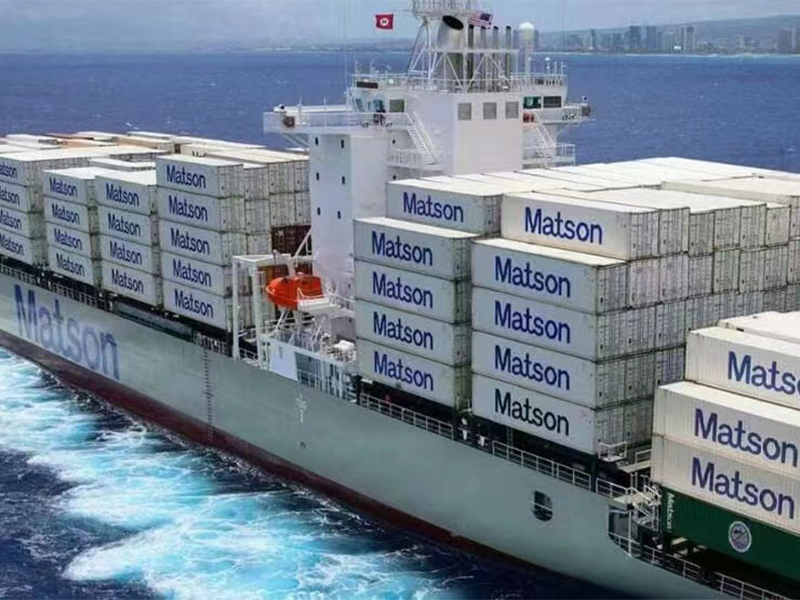
Aviation logistics industry is ushering in an important period of development opportunities. Looking back to the past in 2020 and looking forward to the future, China's aviation logistics industry has the following characteristics and development trends:
1. Fundamentals of aviation logistics market are stable and improving.
Due to the impact of COVID-19, the world economy is under great downward pressure and there are many uncertainties. Under the pressure of multiple factors, China's import and export fluctuated in the first quarter, but began to recover in the second quarter. By June, China's import and export both registered positive growth, with import and export increasing by 5.1%, export by 4.3%, and import by 6.2%. Air cargo is a barometer of economic development. From the civil Aviation Bureau announced the main production indicators statistics, the same period of freight volume decline gradually narrow.
2021 is the first year of the 14th Five-Year Plan. China's economy and foreign trade will maintain sustained and sound development in the process of optimizing the foreign trade structure and adapting to and adjusting the global trade chain under the background of building a new development pattern with the domestic circulation as the main body and the double circulation at home and abroad promoting each other.
2. The new business forms and new modes represented by cross-border e-commerce provide growth impetus for aviation logistics, but also put forward new requirements.
The outbreak of COVID-19 has boosted consumption in the "home economy" and increased the penetration rate of online shopping, further driving the boom of cross-border e-commerce. In the first three quarters of this year, imports and exports through the customs' cross-border e-commerce management platform bucked the trend, rising 52.8 percent to 187.39 billion yuan. It is estimated that China's cross-border e-commerce market is expected to reach 280 billion yuan in 2020. The rapid growth of cross-border e-commerce market and the continuous increase of supporting policies provide a stable market expectation for aviation logistics.
3 from air freight to air logistics, and then to modern logistics service providers become the consensus of the industry.
With the rapid development of modern logistics markets such as e-commerce, express delivery and cold chain, the supply structure of air transport has undergone significant changes. Aviation is no longer just regarded as a mode of transportation, but integrated into the modern logistics service system. In order to give full play to the excellent comparative advantages of air transport, air freight enterprises must innovate service system and business model, integrate upstream and downstream resources, and transform from simple carrier to comprehensive logistics service provider.
At the same time, as an important participant of air logistics, freight forwarders are also facing the transformation to comprehensive service providers. Agency enterprises have high market sensitivity, focus on customer experience, flexible service mechanism, can quickly accept new technology, new ideas and other innate advantages. The digitization process of leading enterprises has already begun.
While the position is stable, new forces keep emerging.
In 2019, 59 airports will handle more than 10,000 tons of cargo annually, accounting for 98.4 percent of the total, while the remaining 180 airports account for only 1.6 percent of the total.
In the short term, new forces represented by express delivery and e-commerce enterprises are entering the field of aviation logistics. Traditional express companies from the establishment of aircraft fleet to the establishment of professional airlines, and then to the establishment of professional cargo airports.
In addition, it is understood that many home appliance logistics enterprises have participated in the mixed reform. The rise of new forces will not only stimulate the potential momentum of traditional air cargo enterprises, but also speed up the process of the upward and downstream extension of a single air cargo subject, and the trend of the whole industrial chain will become more obvious.
5. Local governments play an important role of aviation logistics in promoting regional economic development through financial subsidies and industrial support policies.
In recent years, the construction of air freight hub has become an important starting point for local governments to boost economy, promote industrial structure upgrading and enhance regional overall competitiveness. At present, local governments' subsidies mainly focus on all-cargo flights, cargo volume, cargo base and other aspects, which have a strong driving effect on the cargo volume growth of local airports and play a role of financial policies in regulating industrial structure and guiding industrial development.
However, the development of air freight hub needs the support and coordination of convenient ground transportation, good customs clearance environment, excellent ground services, perfect airline network, stable air-suitable industry and land resources for long-term planning. Therefore, the research on the conversion relationship between effective subsidy policy and long-term development is the key topic to play the role of aviation logistics in serving local economy during the 14th Five-year Plan period.